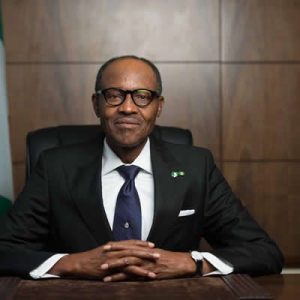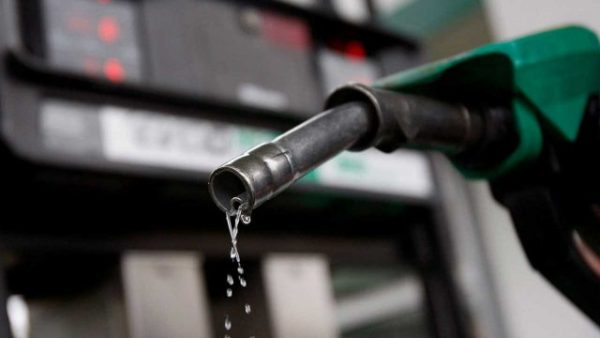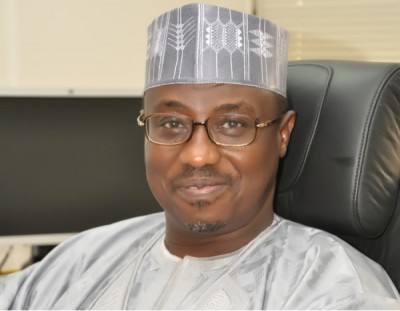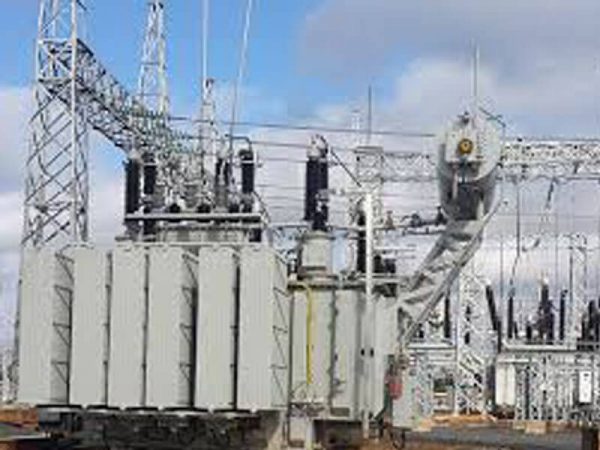Buhari To Sack, Md, NNPC, Others

President Muhammadu Buhari last week dissolved the board of the Nigeria National Petroleum Corporation (NNPC) as a first step in cleaning up the sector in Africa’s biggest crude producer.
Inaugurated on May 29, Buhari came to power on an anti-corruption ticket and a pledged to make the sector that provides 80 percent of government revenues more transparent.
“The president has said he will clean up the oil sector. That is the beginning of the clean up,” said the president’s spokesman Femi Adesina.
Buhari, who has yet to announce his cabinet, is likely to keep the oil portfolio for himself rather than trust others with the lifeblood of Africa’s biggest economy and an industry that has long been mired in corruption scandals.
A presidency source who declined to be named said the management team NNPC was also likely to go in the coming weeks.
“It is significant,” Bismarck Rewane, economist and CEO of Lagos consultancy Financial Derivatives. “The whole structure of the NNPC is completely and utterly dysfunctional.”
In 2013, then central bank governor Lamido Sanusi said tens of billions of dollars in oil revenues had failed to make it into state coffers while watchdogs say the government may be losing billions more through opaque contracts in which crude oil is swapped for refined imports such as diesel.
The lower house of parliament decided on Wednesday to investigate whether the government had been short-changed by the state oil company scheme to swap crude for the refined products.
Fuel subsidy next?
“You can’t possibly have the same board in place while the place is being investigated and with the intention to change the way things are being done there,” said Adesina.
“It’s the country’s cash cow. It has a bright future. It’s just that transparency and accountability have to be introduced into how it operates and this is the beginning of that process.”
The NNPC will report to the presidency until a new board is appointed, said Ohi Alegbe, a spokesman for the oil company. Nigeria’s anti-corruption agency has investigated various oil scandals in the past, including a fuel subsidy fraud costing the government $6.8 billion between 2009-2011. But due to a lack of political will, only a handful were prosecuted.
The president has been advised to end a fuel subsidy program by a 19-member transition committee formed from his All Progressives Congress (APC), senior party sources have told Reuters.
“The damage NNPC has done to the system, both culturally and economically is significant so it has to be followed up by the removal of subsidies, and restructuring,” said Rewane.
Other recommendations include privatizing Nigeria’s four refineries, which often run below capacity and mean the country imports nearly all the fuel it needs to keep the economy going.








